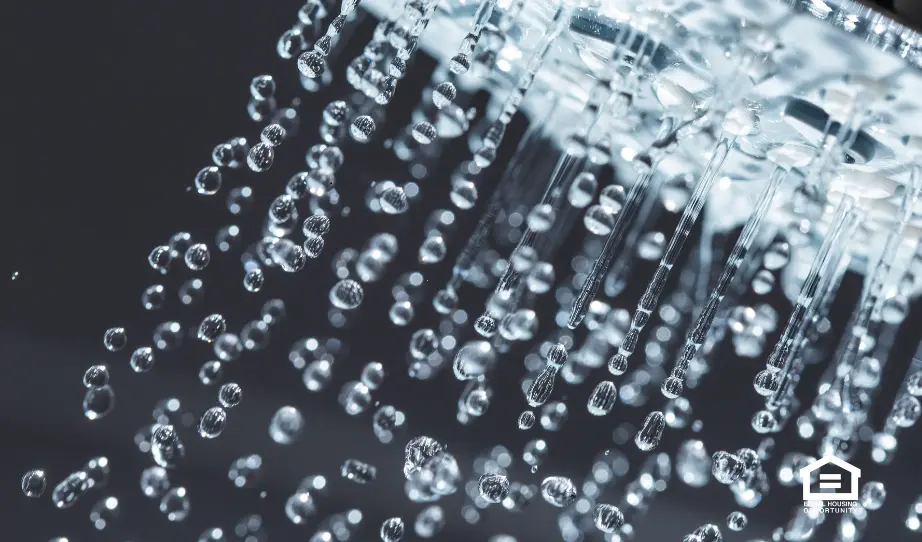Are Tankless Water Heaters Right for Your Rental Property?
Choosing a water heater for a rental property can be a difficult process unless you have performed your research ahead of time. This is because there are many different types of water heaters to choose from, including natural gas, electric, and even solar. It’s also important to decide between buying a storage tank hot water heater and a tankless model. Each type of water heater offers many benefits, but each one also has some negative aspects.
A tankless hot water heater also called an “on-demand” or “instantaneous” water heater, is different from storage tank models in one important way. Where a storage tank model will heat water and keep it hot whether it is being used or not, a tankless water heater only starts heating the water the moment a hot water tap is turned on. In a tankless water heater, the water is heated as it travels through a pipe and into the heating unit, creating a constant supply of hot water.

There are many benefits to installing a tankless water heater in a single-family rental home.
- Tankless heaters are ideal for small homes because they mount on a wall and take up a lot less room than a storage-tank water heater.
- Tankless heaters are also energy-efficient since they only heat water when it is needed. They also will never run out of hot water, which may be important if you have a tenant who regularly uses more than a storage-tank water heater can provide.
- They also rarely develop leaks and can last longer than those with a storage tank, sometimes up to 20 years or more.
Along with the benefits, however, tankless water heaters also have a few disadvantages when used in single-family rental homes. Perhaps one of the biggest downsides of buying a tankless heater for a rental home is the cost. Depending on the model, they can cost as much as three times more than storage tank water heaters, and that is just for the unit itself. They also require professional installation due to the complexity of their system. This is especially true if you buy an electric one, which may require an electrical system upgrade to handle the extra power the unit will use.
Other important considerations when choosing a water heater is the amount of ventilation available to the area where the unit will be installed and the amount of peak water demand. Tankless water heaters require a certain amount of ventilation to function properly, without property maintenance they may shut down – usually when the water is running. Tenants may not be pleased if their shower is interrupted due to ventilation problems. They are also limited in how much hot water they can produce at any one time. The more faucets or other appliances a tenant is using at once, the lower the water pressure will be. For large rental homes or rentals with more than one bathroom with frequent use, a single tankless heater may not be able to keep up with demand.

Which type of water heater you choose for your rental homes ultimately depends on your budget, the needs of your tenant, and whether the home is ready to support a tankless water heater system. Making decisions about major appliances can be difficult, but at Real Property Management we are here to help. We assess each rental property and make recommendations based on your unique situation, ensuring that whichever hot water heating system you choose, it is the right one for you.
We are pledged to the letter and spirit of U.S. policy for the achievement of equal housing opportunity throughout the Nation. See Equal Housing Opportunity Statement for more information.
Get the Neighborly App
In addition to Real Property Management's expert skills in managing your rental property, you can utilize Neighborly's other brands to maintain and enhance your home. Use the Neighborly App to get connected to local home service professionals. Download and receive offers only available on the App.
Depending on current health and safety regulations in your area, some of the services mentioned in this post may not be available. Neighborly service providers will follow the latest health and safety guidelines provided by the local and state governments. Please check with your local Neighborly service provider for details at the time you need service(s).






